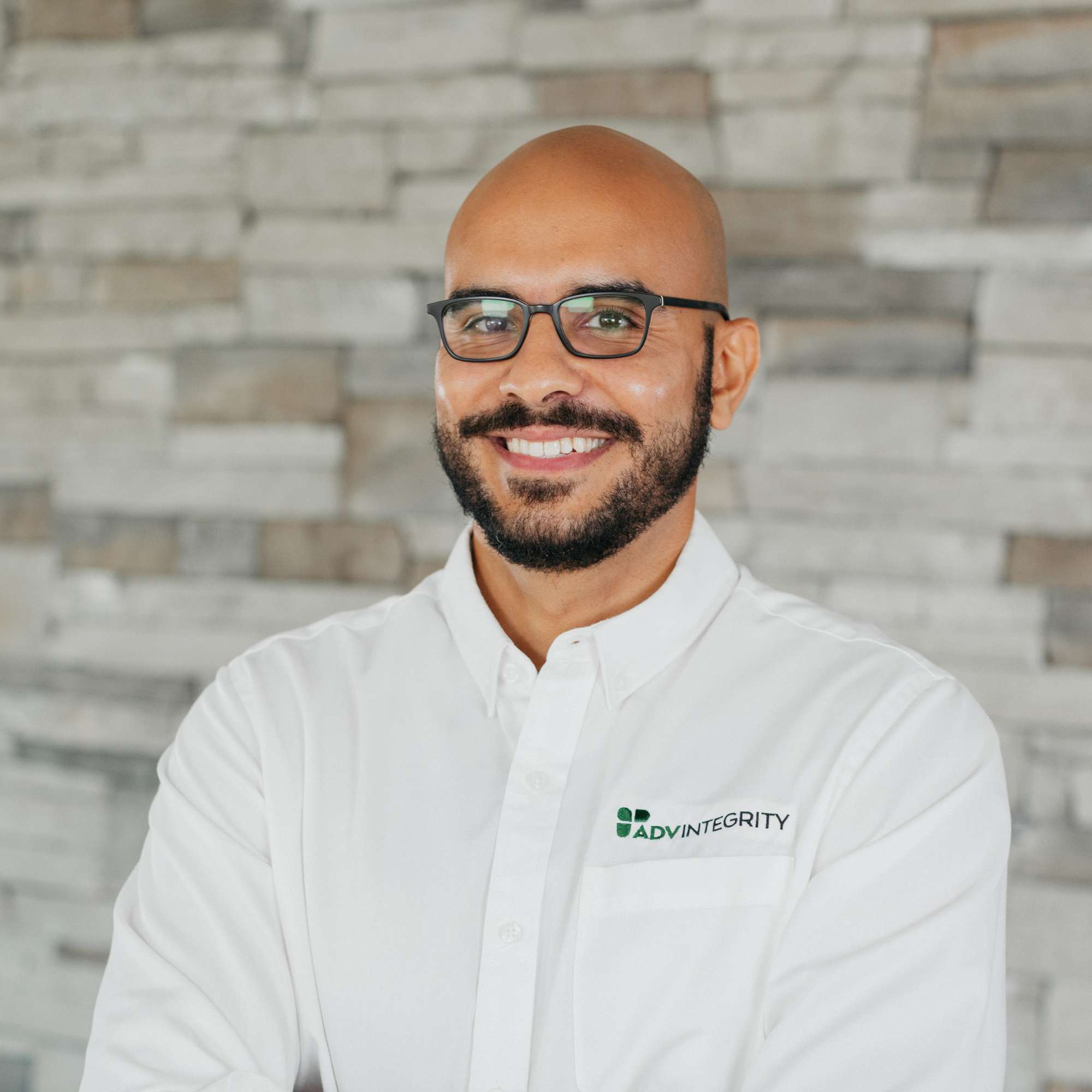1 min read
Innovative Inspection Analysis Automates Dent Processing
 Ahmed Hassanin, MS
8/2/23 3:43 PM
Ahmed Hassanin, MS
8/2/23 3:43 PM

After a high-resolution caliper in-line inspection (ILI) tool is run, pipeline operators receive an internal map of their system that includes various defects and features (girth/seam welds). The number of discovered defects could number in the hundreds for operators. Without accurate, detailed analysis of these discovered defects, operators might be led to remediate more defects than necessary and incur the large price tag that follows. However, the necessary analysis of these large sets of data can quickly get expensive, as it typically requires manual processing of each defect. At ADV Integrity, Ahmed Hassanin, Engineering Associate, and Emmanuel Valencia, Engineering Assistant, are working to automate the processing of ILI data for dent defects. The programmed parametric tool, which is still in development, is set to provide an alternative solution to clients that is cost-effective, more efficient, and produces results that simplify integrity management decisions.
The software has three distinct phases: pre-processing, processing, and post-processing. In the pre-processing phases, raw data from the ILI tool is cleaned using various smoothing techniques, and prepared for finite element analysis (FEA). Next, the data is analyzed using a commercially-available FEA software to generate stresses and/or strains. The outputs are then post-processed and transformed into actionable insights for operators.
This type of processing calculates key outputs about the detected dent features, such as the stress concentration factors (SCF), which are used to estimate the remaining life. This information is then used to determine the best course of action for operators, whether that be remediate, leave and monitor, or repair & monitor. These recommendations are verified by detailed engineering analysis and compared with the limits provided in the respective codes and standards.
Potential applications for this innovative technology go beyond processing dents from inline inspections. According to Mr. Hassanin, there are future opportunities for other types of defects to be processed, such as corrosion or crack-like features. There are also possible applications for inspections performed with magnetic flux leakage (MFL) and 3D scanning. In addition, Mr. Valencia is looking forward to when the program will eventually incorporate Machine Learning for even quicker results. Through transforming a formerly manual process into an automatic analysis that incorporates engineering judgment, ADV Integrity hopes to use this tool to work with companies for better inspection results in the future.
Originally published on October 6, 2021

